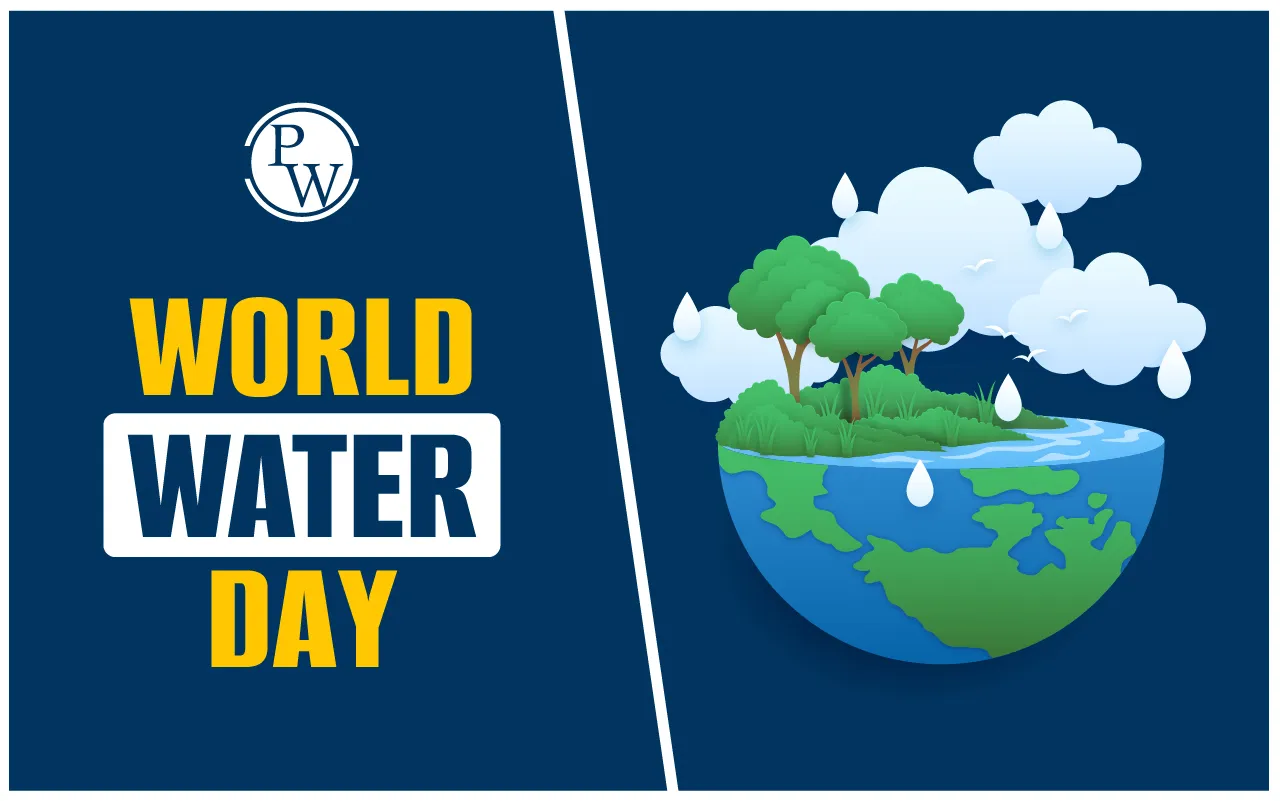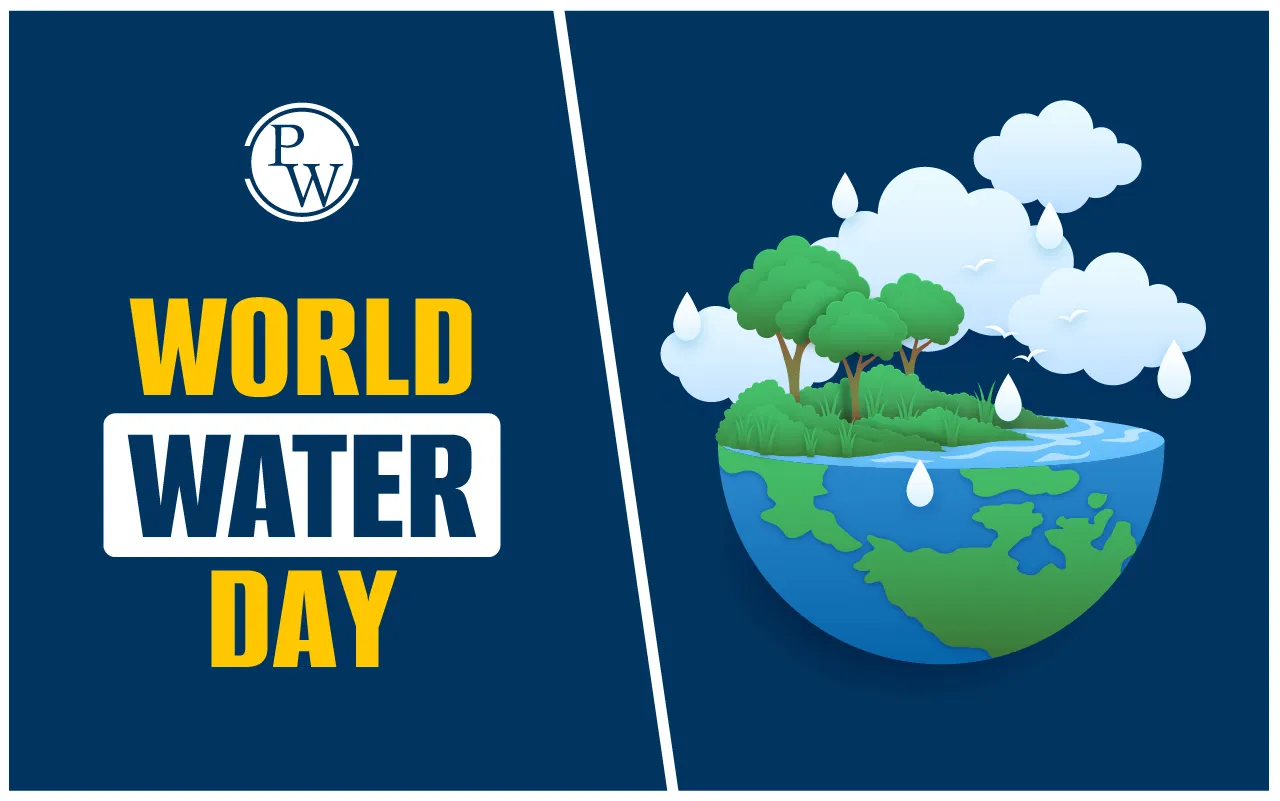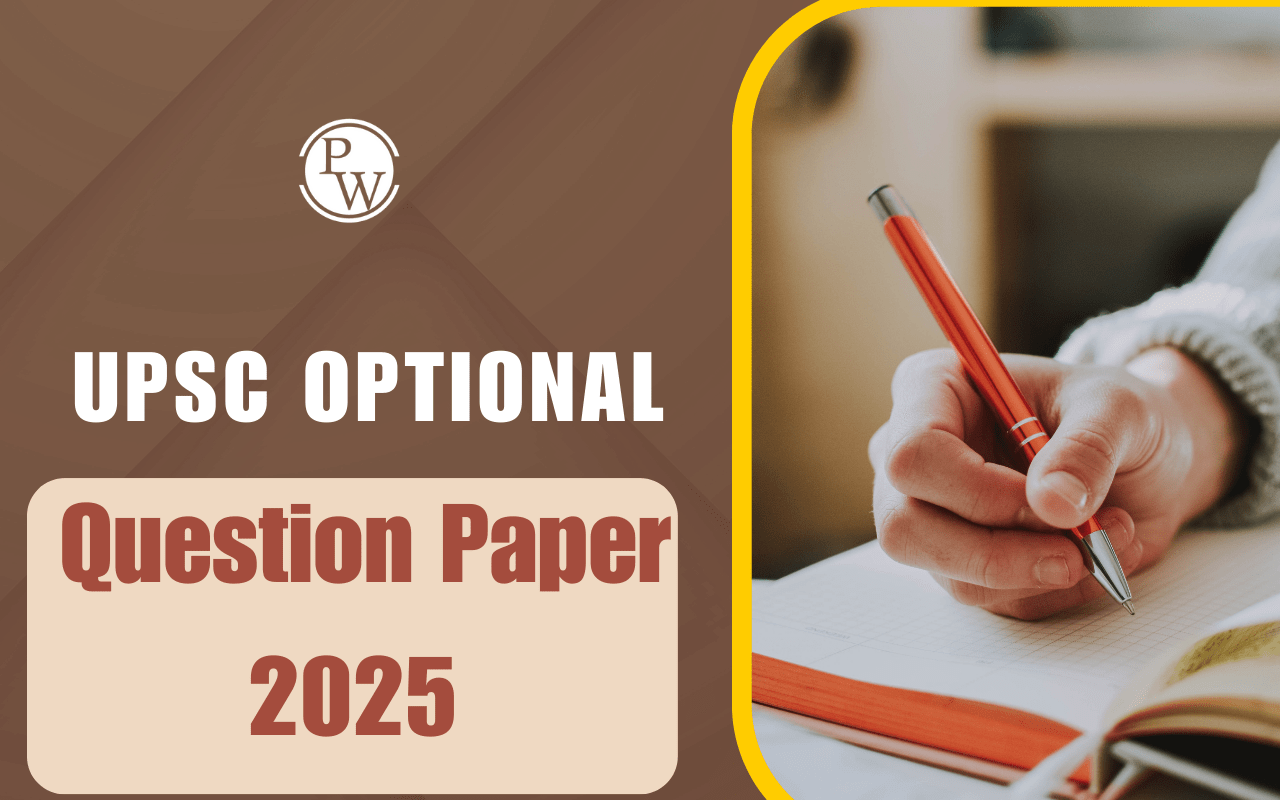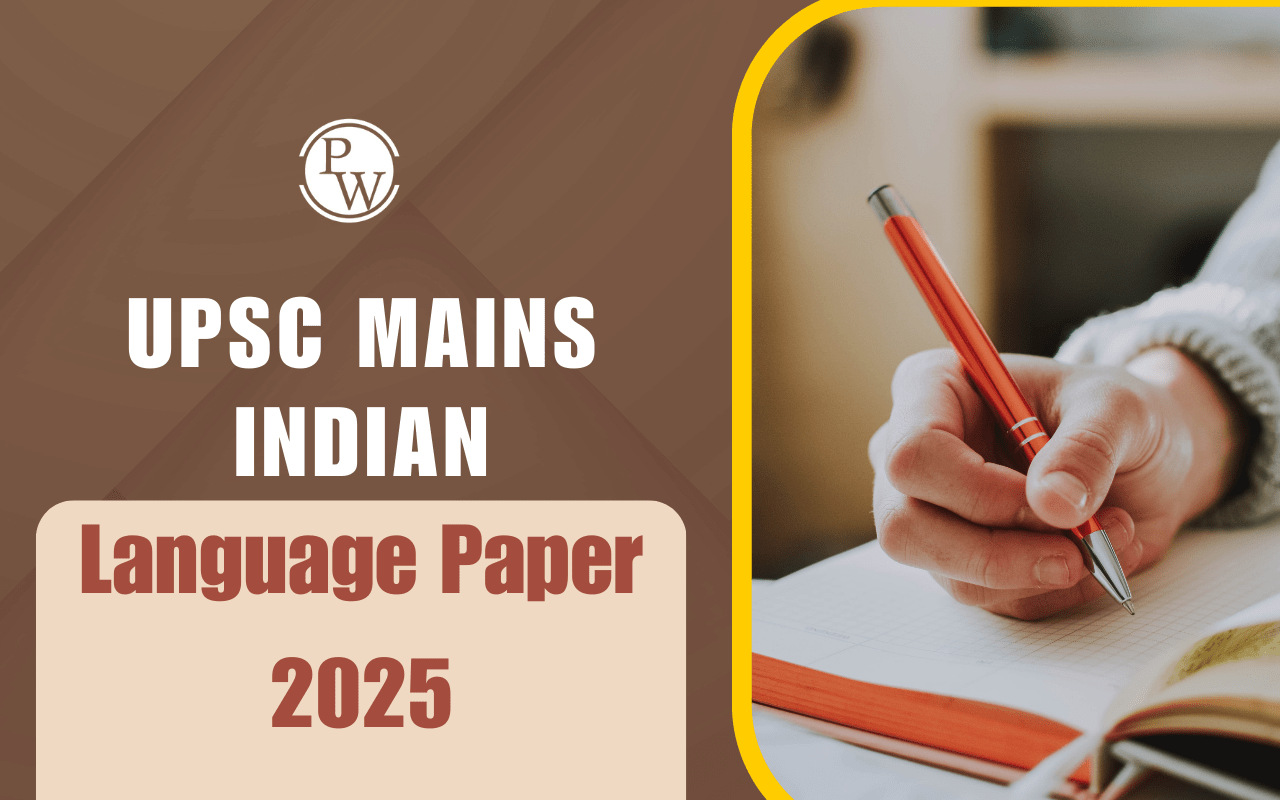
World Water Day, observed annually on March 22, highlights the importance of freshwater and advocates for sustainable management of water resources. As we approach World Water Day 2025, it's crucial to understand the need for water conservation, especially in India. This year the theme is ‘Glacier Preservation’ calling for global conservation. Read on to learn more!
World Water Day 2025 Overview
The United Nations (UN) established World Water Day in 1993 to raise awareness about global water-related challenges. The goal of World Water Day 2025 is to emphasize the importance of water sustainability and promote policies that ensure safe and clean water for all. Here is an overview of the day:
|
World Water Day 2025 Overview |
|
|
Date |
March 22, 2025 |
|
Theme |
Glacier Preservation |
|
Key Data |
Around 2.2 billion people living with no access to safe water (UN-Water) |
|
Objective |
Raise awareness about the importance of glaciers in the water cycle and their impact on climate change. |
|
Key Issues |
Rapid glacier melting due to climate change, water scarcity, and the need for global cooperation to adapt to changing water flows. |
|
History |
Annual Celebration Since 1993 |
|
Organised By |
UN-Water and collaborating agencies |
|
Activities |
Release of the UN World Water Development Report, seminars, campaigns to raise awareness and funds for water projects. |
World Water Day Theme 2025
The theme for World Water Day 2025 is "Glacier Preservation". Glaciers are essential in maintaining the global water balance, storing around 69% of the world’s freshwater. They act as natural reservoirs, gradually releasing water into rivers and lakes, supporting agriculture, drinking water supply, and ecosystems.
However, due to climate change, glaciers are melting at an alarming rate, leading to rising sea levels, disrupted water cycles, and increased water scarcity. The 2025 theme focuses on the urgent need for glacier preservation through global action, responsible resource management, and international cooperation.
Significance of Glacier Preservation
Glaciers play a crucial role in sustaining river systems, regulating temperatures, and supporting biodiversity. In regions like the Himalayas, glaciers feed major rivers such as the Ganges, Brahmaputra, and Indus, providing water to millions. However, due to climate change, the Glacier melting can lead to:
-
Increased flooding: Rapid glacier melt leads to glacial lake outburst floods (GLOFs), endangering communities.
-
Water shortages: Long-term glacier retreat reduces water flow to rivers, causing droughts and agricultural distress.
-
Climate disruption: The loss of glaciers affects weather patterns, worsening extreme climatic events.
To prevent further damage, global efforts must focus on reducing carbon emissions, sustainable water use, and protecting glacial ecosystems.
History of World Water Day
The idea of World Water Day was first proposed during the United Nations Conference on Environment and Development (UNCED) in 1992. Following this, the UN General Assembly officially designated March 22 as World Water Day in 1993. Since then, it has become a global movement to address water-related challenges.
Each year, a unique theme highlights specific water issues, such as water pollution, access to clean drinking water, sanitation, and climate resilience. World Water Day also aligns with the UN’s Sustainable Development Goal 6 (SDG 6), which aims for clean water and sanitation for all by 2030.
Water Status in India
According to a study by the Central Water Commission, India faces increasing water stress due to rising population and declining per capita water availability, which is projected to fall from 1486 cubic meters in 2021 to 1367 cubic meters by 2031. Rapid urbanization, industrialization, and climate change have exacerbated water shortages across the country.
Further, the 2018 NITI Aayog Composite Water Management Index (CWMI) Report has also highlighted India's growing water crisis:
-
600 million Indians face high to extreme water stress.
-
200,000 people die annually due to lack of access to clean water.
-
70% of India’s water is contaminated.
The report urged efficient water management, improved agricultural practices, and better infrastructure to tackle the crisis.
Groundwater Depletion in India
Groundwater is a primary source of drinking water and irrigation in India. It contributes 62% to irrigation, 85% to rural water supply, and 45% to urban water needs. However, excessive extraction has led to a severe decline in groundwater levels, particularly in states like Rajasthan, Punjab, Haryana, and Delhi.
A study by the University of Michigan warns that if current trends continue, groundwater depletion could triple by 2080, threatening both food and water security. The warming climate can further make groundwater depletion a critical challenge for India's future, calling for strict groundwater regulation in India.
Government Initiatives for Water Conservation
To address water challenges, the Indian government has launched several initiatives. These include:
-
Mahatma Gandhi National Rural Employment Guarantee Scheme (MGNREGS): Includes water conservation and water harvesting structures.
-
Jal Shakti Abhiyan (JSA): An annual initiative for rainwater harvesting and water conservation, converging multiple central and state schemes.
-
AMRUT 2.0: Encourages rainwater harvesting through stormwater drains and groundwater recharge in cities.
-
Atal Bhujal Yojana: Focuses on groundwater management in 8,213 water-stressed gram panchayats across 7 states.
-
Bureau of Water Use Efficiency (BWUE): Promotes water use efficiency across sectors like irrigation, drinking water, and industries.
-
Mission Amrit Sarovar: Aims to create/rejuvenate 75 Amrit Sarovars in each district for water conservation.
-
National Water Policy (2012): Advocates rainwater harvesting and conservation as a strategy to augment water availability.
In conclusion, the World Water Day 2025 calls for the urgent need for water conservation and climate action to protect glaciers and freshwater sources. By promoting sustainable water use and adopting government-backed conservation efforts, we can secure water for future generations.
For UPSC aspirants, understanding environmental issues is essential. Join PW UPSC Courses to enhance your knowledge of water conservation policies and prepare effectively for the exam!
World Water Day 2025 FAQs
World Water Day is celebrated on which date?
Why is World Water Day celebrated?
What is the theme of World Water Day 2025?
What are the main causes of water scarcity in India?
How is India addressing its water crisis?














